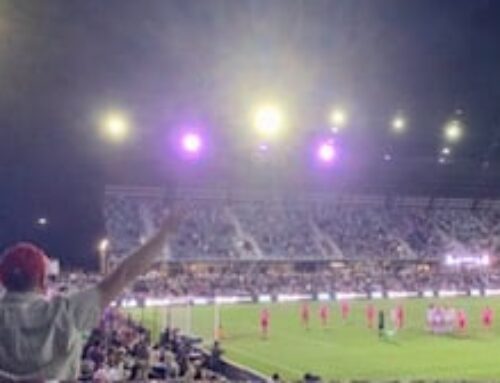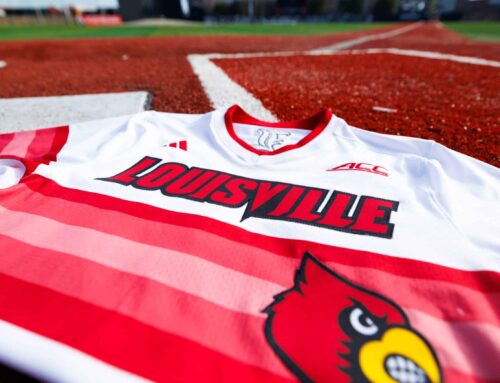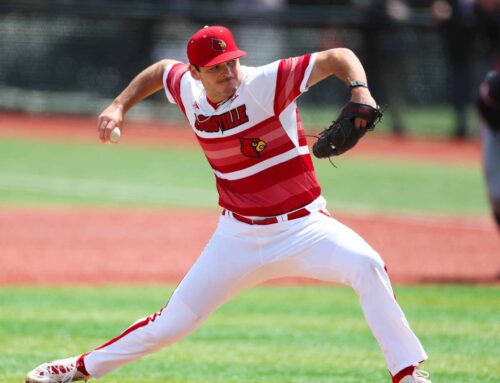By Annie Moore
The National Collegiate Athletic Association has had its proponents and opponents since its inception in 1906, but lately NCAA President, Mark Emmert, and the boys can’t seem to get anything right. It seems every day there is a new story on Sports Center about the NCAA mishandling a situation.
I’m sure we are all aware of the Emmert administrations missteps, but let’s take a minute to sum up.
Johnny Manziel is allegedly paid to autograph memorabilia. What looked to be a fairly substantial case, there was video of him meeting and talking with the autograph dealer, resulted in a 30-minute suspension from the NCAA. 30 minutes, one half of the first game of football of the season. Manziel’s behavior in his season debut demonstrated that the punishment did anything but teach him a lesson.
ESPN analyst and sportswriter, Jay Bilas, releases tweets about the NCAA selling player merchandise on its website and points out what we all know is the NCAA’s signature hypocritical paradigm of profiting off athletes whom they preach should be amateurs. Emmert releases a statement shortly after saying that the NCAA will no longer sell that merchandise for fear that it “could be seen as hypocritical”. Yes, Mark it really could. It shouldn’t take Jay Bilas to point that out.
Penn State University, in the wake of the Jerry Sandusky child sex scandal received extremely heavy sanctions, which as of Sept. 24, 2013 have been eased “due to good behavior”. No, not because the NCAA responded to public outcry for heads to roll after the PSU scandal and overreacted with its punishments, they would never do that.
And most recently, the video game company, Electronic Arts, released a statement saying it would not make a college football game in 2014. Within hours lawyers representing former and current college athletes emerged saying an agreement had been made to settle claims against EA in pending federal lawsuits.
Earlier that day, the NCAA’s chief legal officer told USA TODAY Sports that they are gearing up for that case with even greater resources and much more resolve than it has before. A storm is brewing.
This has taken hold in what has become the players’ revolution. More and more players are catching on to the NCAA’s exploitation of them as merely worker bees to raise the boy’s clubs’ bottom line.
“I’ve been involved in this thing for a long time, and what I witnessed (recently) is something I never
thought I’d witness,” said Sonny Vaccaro, a former sneaker marketing executive and a longtime NCAA antagonist in an interview with the New York Times. “The players actually feel they have a certain degree of rights, and they’re not afraid to voice them. Even though that’s coming out in drips, it’s coming out.”
Many collegiate players have started writing “A.P.U.” on wrist guards and other equipment to signify “All Players United”— A simple acronym that embodies the solidarity and change in culture around collegiate athletes.
A change is coming. Luckily the NCAA has realized it needs to make changes, and fast, before the public dissent grows any more and it faces a veritable coup d’etat. Even the all-too-often obtuse Emmert recognizes there is an issue.
“The board anticipates a lot of change in the coming months,” Emmert said in a statement to the Associated Press. “I’ve said publicly on a number of occasions, the only thing everybody agrees on with Division I governance is that it doesn’t work.”
Oh, don’t be hard on yourself Mark, the system works. It works for you and your boy’s club and the almighty bottom line. Not for the athletes or the sports.





